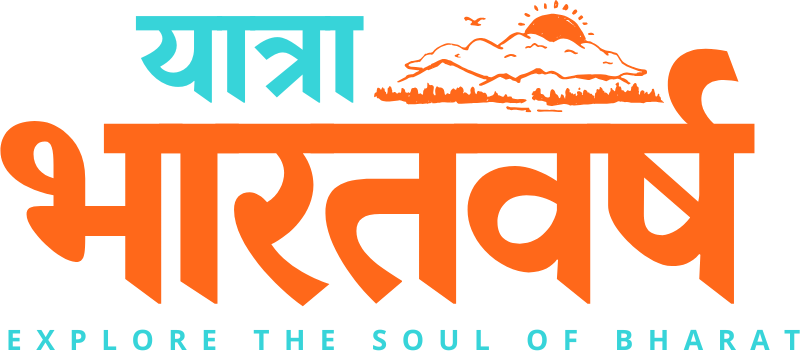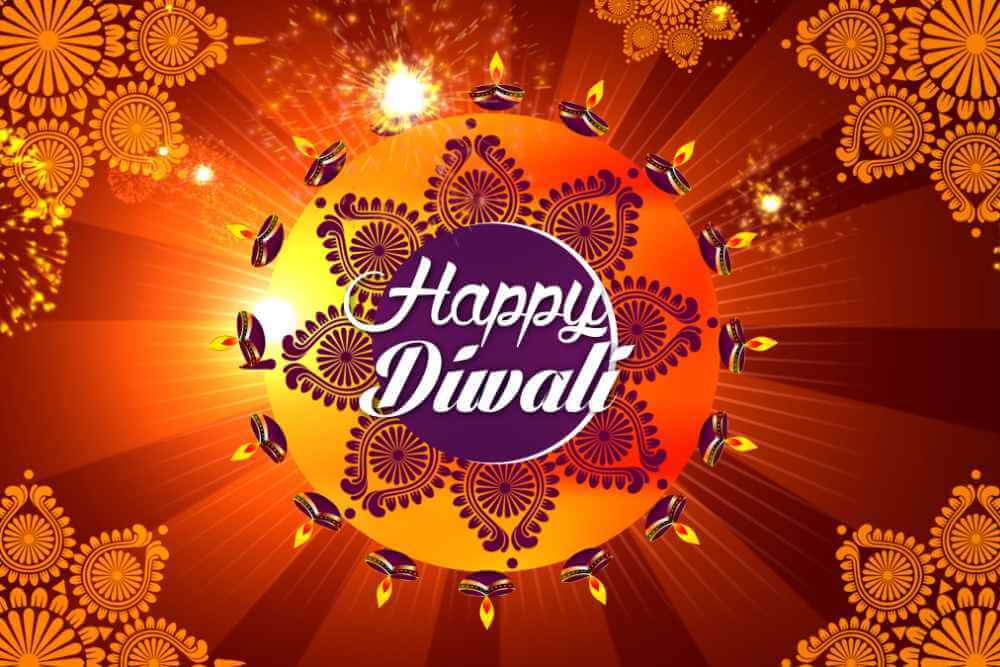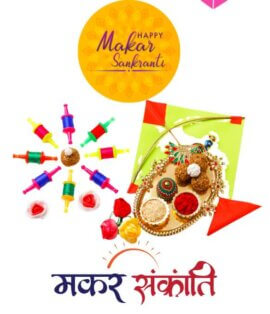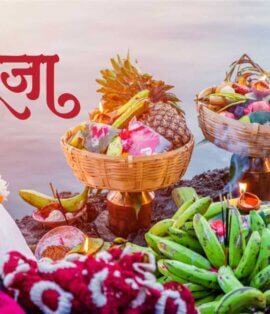As autumn begins, a diya flickers along India’s streets, signaling the arrival of Diwali, the Festival of Lights. Homes glow with colorful rangolis, and the air carries the aroma of sweets and incense. More than a festival, Diwali blends devotion, tradition, and unity, celebrating light over darkness and good over evil —core Indian values.
Diwali, celebrated by Hindus, Sikhs, Jains, and Buddhists, transcends religion and unites millions of people. From vibrant markets to sacred temples, the spirit of Diwali fills the country and captures the hearts of all. This cross-cultural celebration underscores how shared traditions serve as a bridge across India’s diverse identities, fostering a collective sense of belonging among its many communities. Reflecting this unity, the festival’s timing and significance offer a deeper understanding of its enduring appeal. Let’s explore when and why Diwali is celebrated each year.
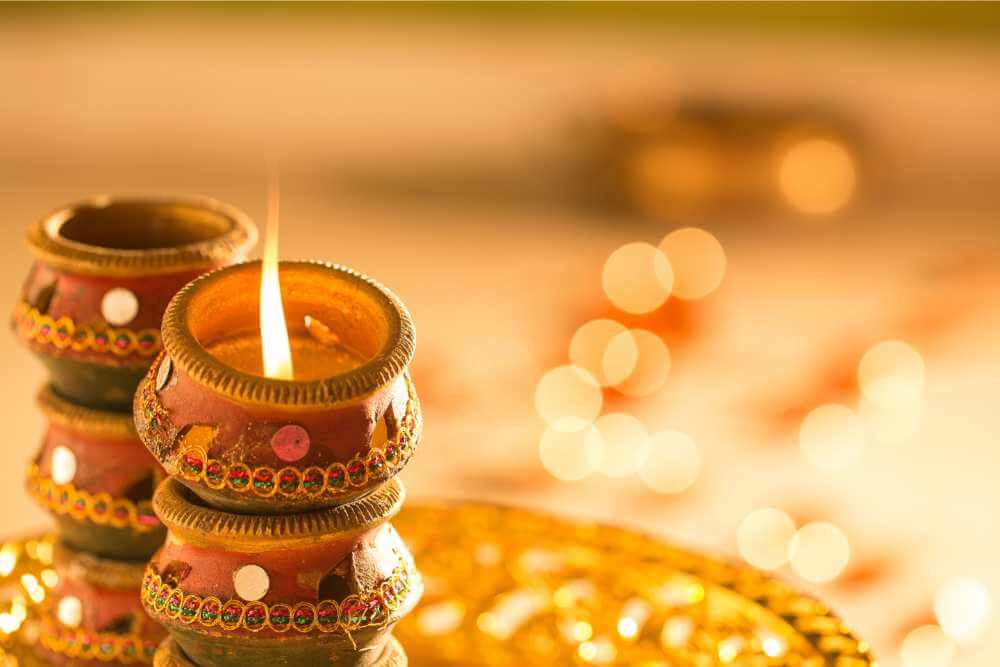
The Date of Diwali 2025 and Its Sacred Timing
In 2025, Diwali falls on Monday, October 20, with Lakshmi Puja observed on Tuesday, October 21. This day coincides with Amavasya (new moon) in Kartik, the month in the Sanatan calendar considered auspicious for prayers to the Goddess Lakshmi.
For those wondering, “Diwali 2025 mein kab hai?” (When is Diwali 2025?) Rest assured that this year’s festival will once again align with the ancient and cherished traditions that have been celebrated for centuries. Building on this, let’s see how each day of the five-day celebration unfolds.
The Five Days of Festivities
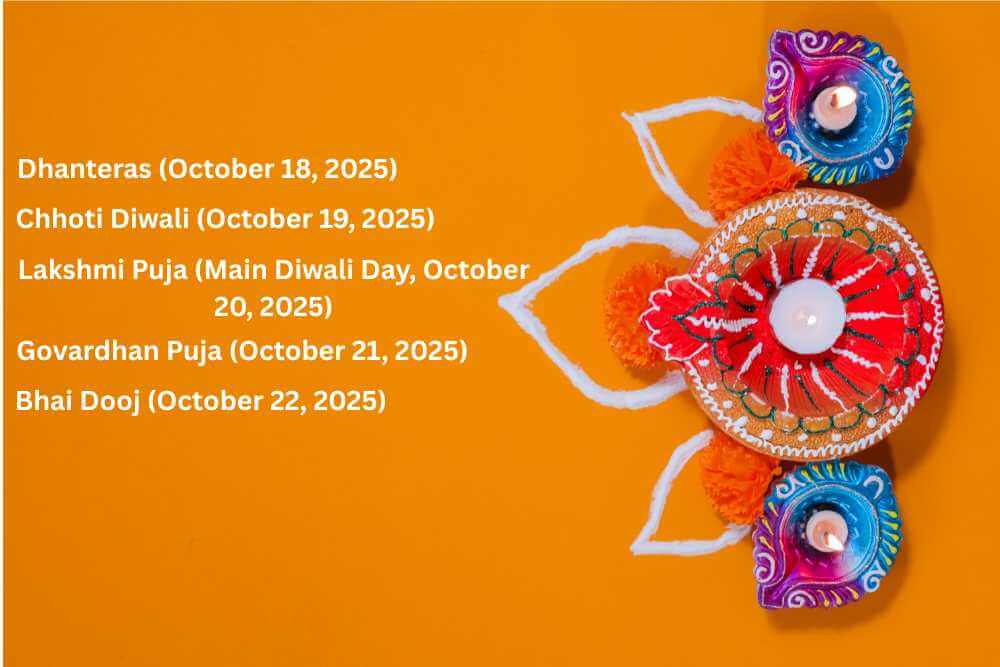
Diwali spans five days, each with distinct rituals. Every family participates in some way to honor the festival. Here’s a breakdown of the five days:
- Dhanteras (October 18, 2025): The festivities begin on this auspicious day. Traditionally, people purchase gold, silver, or other items as symbols of prosperity and good fortune.
- Chhoti Diwali (October 19, 2025): A day of rituals and preparations for the main day. Homes are cleaned and doors opened to invite blessings.
- Lakshmi Puja (Main Diwali Day, October 20, 2025): The most important day, when families perform Diwali puja vidhi—prayers and rituals to welcome Goddess Lakshmi and Lord Ganesha. Lighting diyas (oil lamps) represents driving away darkness and ignorance.
- Govardhan Puja (October 21, 2025): Honors Lord Krishna lifting Mount Govardhan to protect villagers. People prepare food offerings and share community feasts.
- Bhai Dooj (October 22, 2025): The last day celebrates the sibling bond. Sisters pray for brothers’ well-being; brothers offer gifts and protection.
Rituals, Puja Vidhi, and the Spiritual Essence
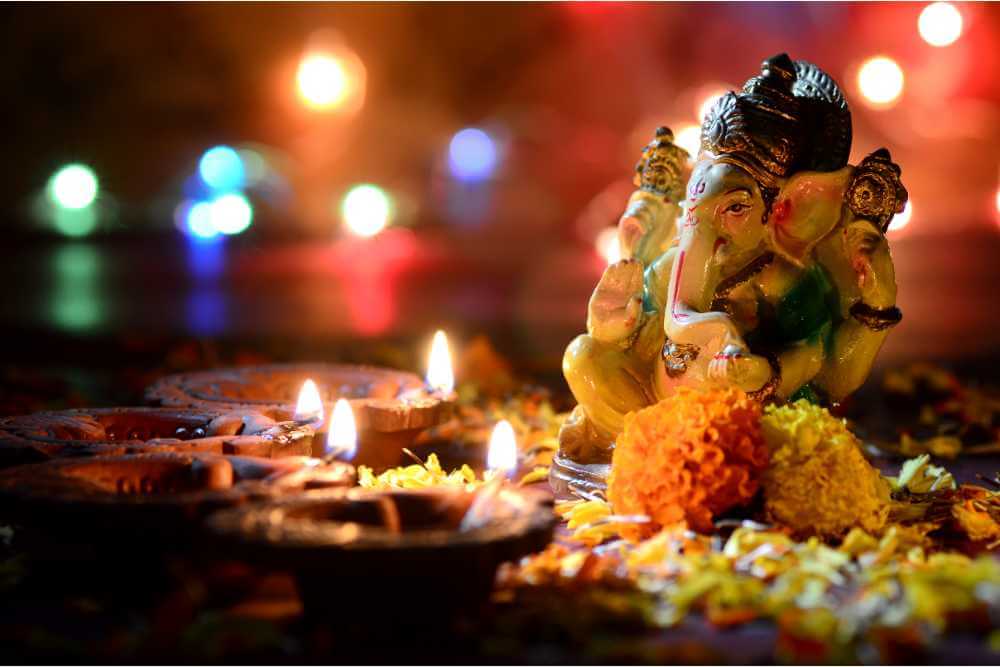
Preparations for Diwali start well before the main day. Homes are cleaned, as Goddess Lakshmi is believed to bless clean spaces. Diwali decorations—rangoli, diyas, torans, and lanterns—adorn homes, creating a warm and welcoming atmosphere.
The central part of the Diwali festival is the Diwali puja vidhi, or prayer ceremony, which is performed by families in the evening. This ceremony typically involves:
- Invocation of Lord Ganesha and Goddess Lakshmi: Offering prayers to remove obstacles (Lord Ganesha) and invite prosperity (Goddess Lakshmi).
- Light and Incense: Lighting diyas and incense to purify the home and invite divine blessings.
- Offering Sweets and Fruits: Symbolizing the sweetness of life and prosperity, sweets are presented to the deities and shared among family members.
These rituals are more than tradition; they are ways to seek harmony and prosperity in the year ahead. Diwali reflects spirituality and devotion, serving as a reminder of cherished values. Moving from spiritual rituals, we see that family bonds and togetherness are equally central to the celebration.
Family Celebrations and the Joy of Togetherness
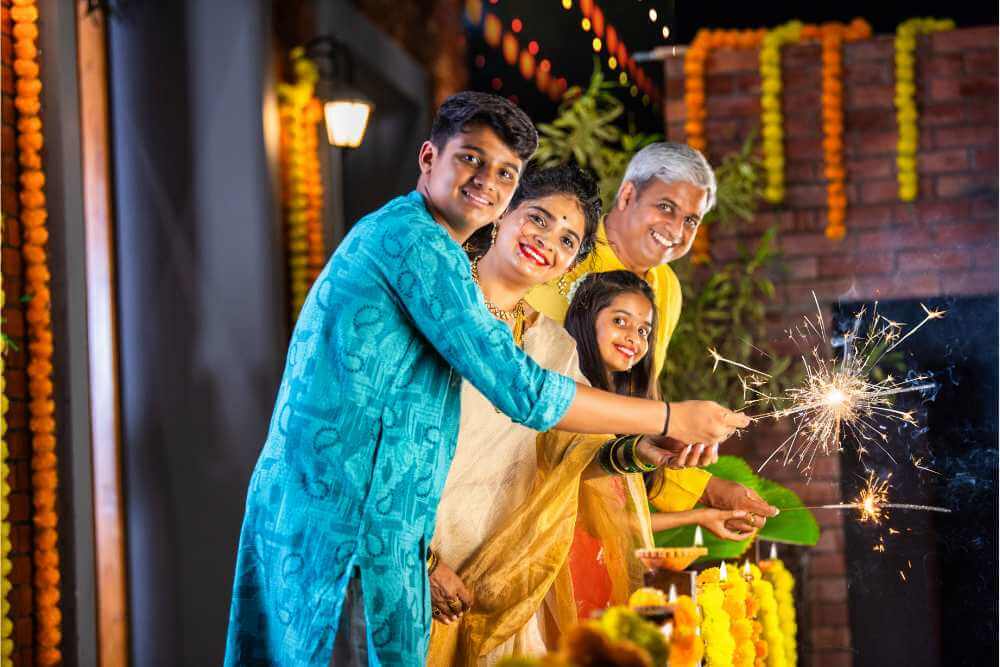
At Diwali’s core is family. The festival brings families together for gifts and meals. From young to old, everyone joins in. Children enjoy fireworks and snacks, while elders offer blessings and wisdom.
Diwali’s meaning extends to digital interactions. Today, greetings and wishes reach across the globe by phone and social media, connecting everyone, regardless of distance. Exchanging New Year wishes spreads positivity.
Food, Snacks, and Festive Delights
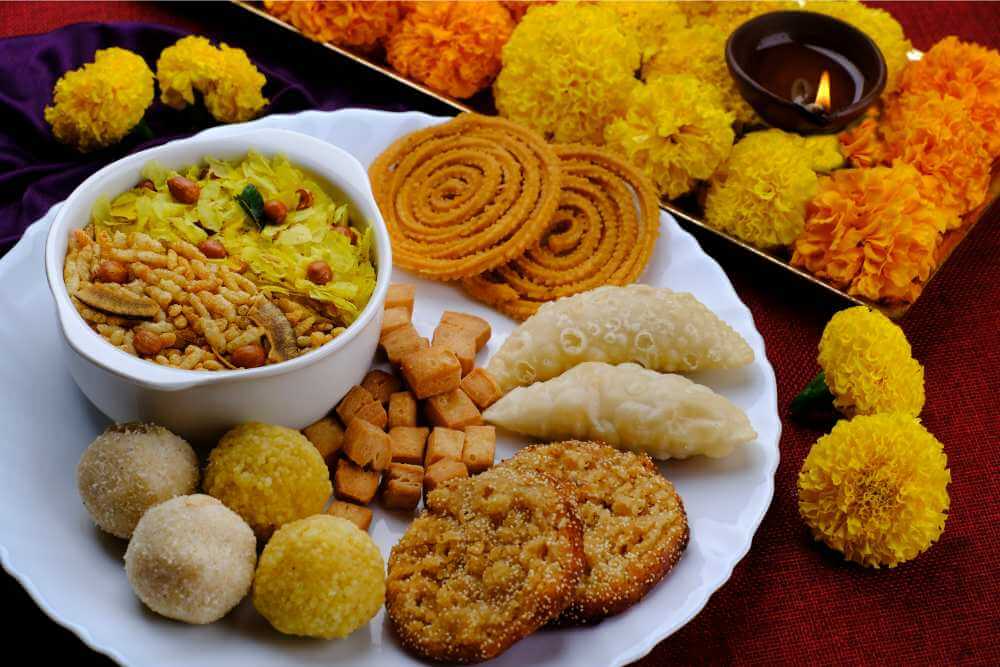
Food is central to Diwali. Kitchens bustle with frying chaklis, mathris, and laddoos. Traditional sweets—barfi, jalebi, gujiya—are prepared to share with family, friends, and neighbors.
Diwali snacks symbolize prosperity and happiness. The exchange of gifts, such as sweets, dried fruits, and gourmet hampers, signifies warmth and togetherness.
These treats are carefully packed and presented in beautiful boxes, making them not just a gift but a token of goodwill and affection. With food playing a starring role, another hallmark of the season is the buzz of shopping and festive preparations that take place across the country.
Shopping, Big Diwali Sale, and Online Offers
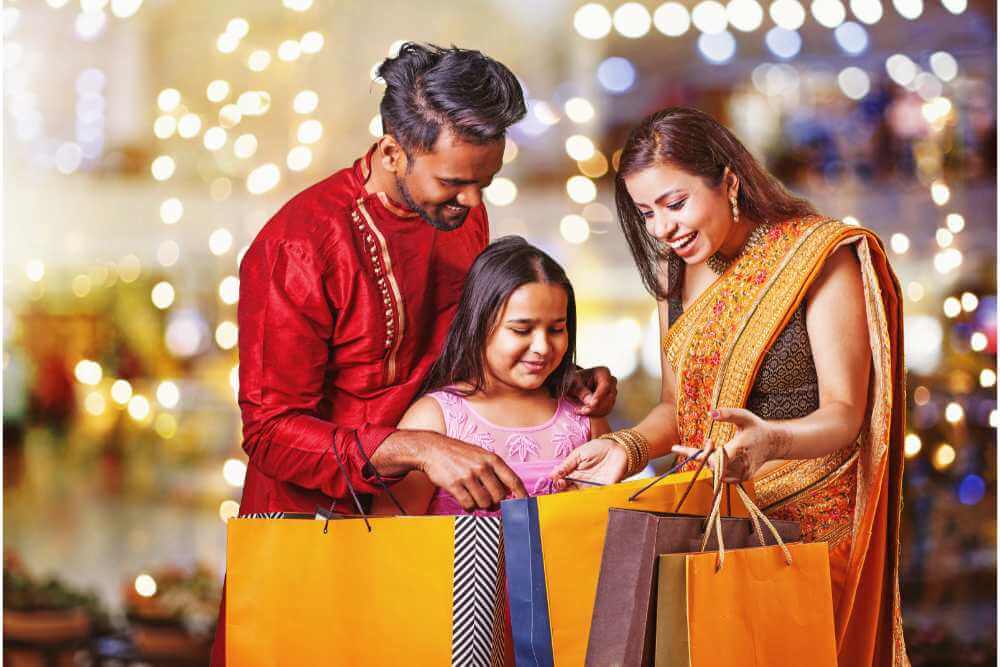
The weeks leading up to Diwali are the busiest shopping season in India. Online Diwali shopping has become increasingly popular, with e-commerce sites offering sales and discounts on a wide range of products, including clothing, electronics, décor, and jewelry. Shopping during Diwali creates cherished memories—choosing outfits, decorating homes, or selecting gifts become joyful moments. Many people make new purchases during Diwali to bring good luck.
For those who enjoy the hustle and bustle of the markets, local bazaars are filled with stalls offering colorful decorations, festive sweets, and essential Diwali items. Diwali gifts, such as home décor, clothing, jewelry, and kitchenware, are popular, allowing everyone to participate in the spirit of giving. As shopping peaks, festive decorations, and parties start adding even more vibrancy to the Diwali season.
Decorations, Parties, and Modern Touches
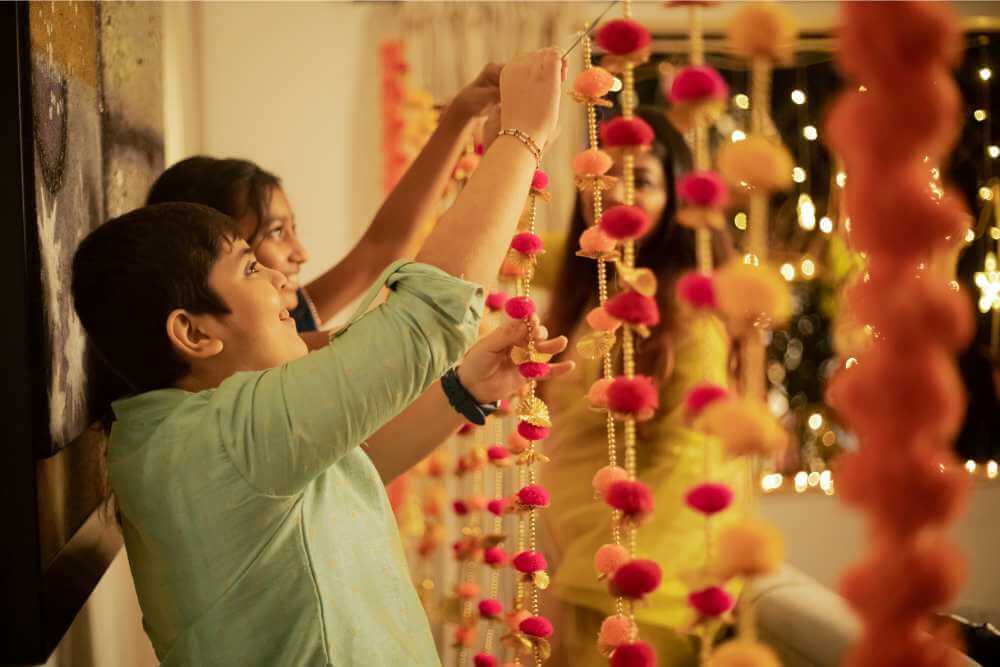
Diwali is equally about religious observance and celebrating joy and togetherness. Homes are adorned with diyas, candles, torans, and lights, creating a sense of positivity.
Modern Diwali parties fuse traditional rituals with contemporary fun. Music, dance, and games like cards or rangoli contests make Diwali enjoyable for all ages. These events might feature Garba or Dandiya, or simply time with loved ones.
Even as traditions continue to flourish, the use of digital technology has helped bridge distances, ensuring that family celebrations of Diwali are shared with relatives across the globe. As we reflect on both modernity and tradition, the festival’s core message shines as timeless and central to the Diwali spirit.
The Timeless Message of Diwali
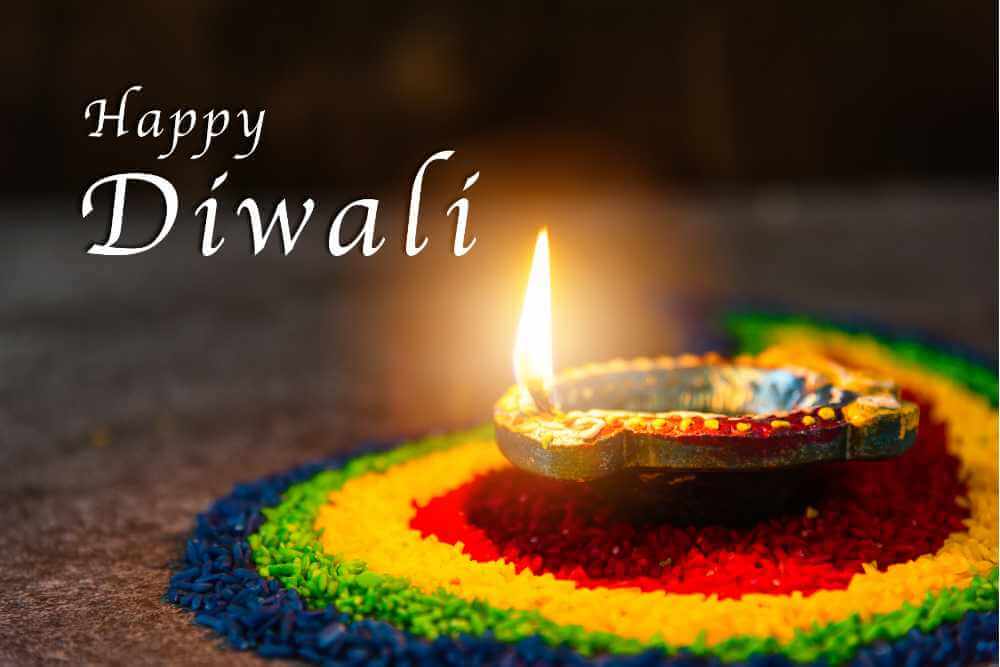
At its core, Diwali celebrates values—truth over falsehood, light over darkness, and the importance of family, togetherness, and gratitude. The festival inspires people to look inward, dispel negativity, and invite growth, peace, and prosperity.
Through greetings, sacred puja vidhi, and gifts, Diwali spreads happiness worldwide. Whether at home or away, Diwali reminds us to reconnect with our roots, show kindness, and uphold values that bring brightness to our lives.
Conclusion
As Diwali 2025 approaches, excitement builds across India. Homes will light up, families will gather, markets will buzz with activity, and hearts will fill with joy. Whether you’re shopping online or exchanging heartfelt gifts, this festival remains a time of great celebration and reflection.
Whether it’s the sparkling diyas, the joy of family celebrations, sacred rituals, or delicious food, Diwali remains a festival that illuminates lives and strengthens the nation’s spirit.
As you prepare for Diwali 2025, remember that the festival is more than just lights, sweets, or gifts. Joy, devotion, and togetherness make Diwali special. Consider which tradition resonates most and how it brings light to you and others. Embrace a tradition to make this Diwali meaningful, shifting from observation to participation, and enhancing the festival’s spirit.
